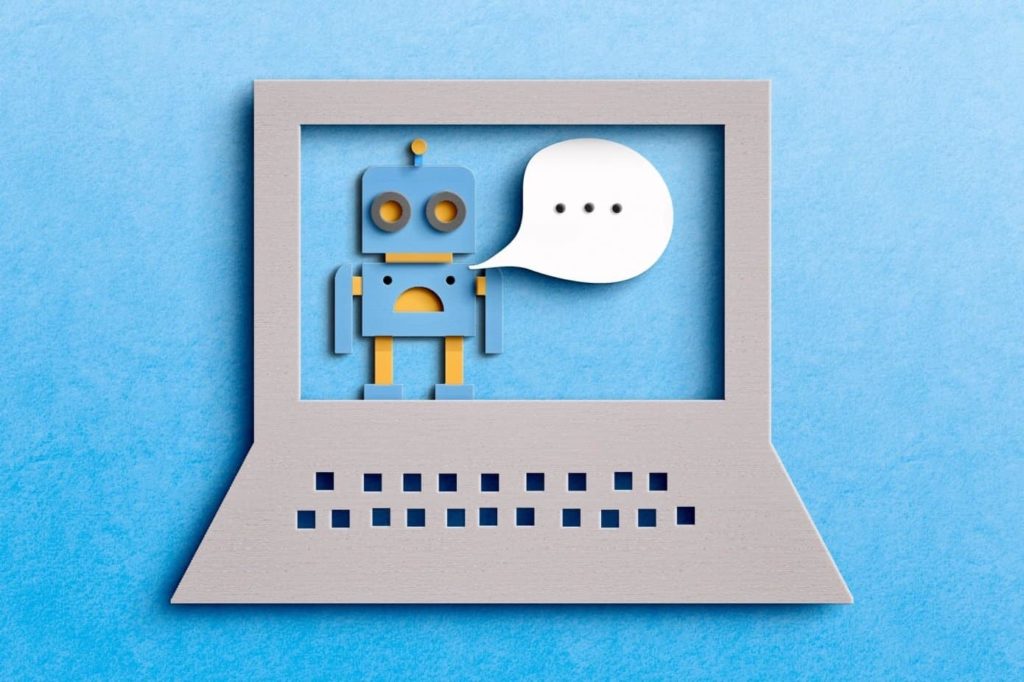
ChatGPT 3.5 went from nonexistent to ubiquitous in lower than a yr. In case you haven’t used it but, it’s a conversational synthetic intelligence (AI) mannequin developed by OpenAI which understands and generates human-like textual content. It seems to display a capability perceive complicated questions and supply responses in what seems like pure English. Nevertheless, it could actually generate responses that sound believable, however are improper. Two totally different group lately demonstrated this, testing if ChatGPT may reply questions on drug interactions – whether or not two (or extra) medication taken collectively can change the best way a drug behaves within the physique.
These findings come from posters introduced on the American-Society of Well being-System Pharmacists Midyear convention in December 2023. Sadly I couldn’t find the posters on-line, so will summarize the work based mostly on different studies.
Within the first research, actual questions submitted to a drug data middle had been posted to ChatGPT. Drug data centres exist to supply pharmacists and different well being care professionals with complete help for drug-related questions. Normally if a query is submitted to a drug data middle, it’s as a result of the reply isn’t apparent or available.
On this research, 39 questions that had been answered by a drug data companies had been entered into ChatGPT. The AI offered no response, an inaccurate response, or an incomplete response to 74% of questions. One instance cited was if it was protected to take Paxlovid (nirmatrelvir/ritonavir) with verapamil. ChatGPT didn’t determine the interplay between ritonavir and verapamil. Ritonavir is a CYP3A4 inhibitor, which means it interacts with a whole lot of medication. (Because of this every prescription of Paxlovid for COVID-19 requires an in depth overview of any current drugs and pure merchandise/dietary supplements.)
The researchers requested ChatGPT to supply references to help its suggestions. This occurred for eight of the 28 questions, however all eight contained fabricated references with made-up titles and non-functional URLs.
Within the second poster, Shunsuke Toyoda and colleagues from Torrance Memorial Medical Middle in California discovered that once they assessed the efficiency of ChatGPT in opposition to a drug database, ChatGPT didn’t detect at the very least half of the identified unwanted effects for 26 out of 30 FDA-approved medication. Whereas Toyoda is quotes as saying that AI-based drug data is not going to change a pharmacist “in our lifetime“, I’m not fairly as sure – as these fashions are progressing very, in a short time.
In February, our personal Steven Novella appeared optimistic about how lengthy it is going to be earlier than an AI like ChatGPT is a routine a part of medical observe. I agree with Steve that there’s monumental potential, and given the speed at which these fashions are evolving, maybe these criticisms might be irrelevant in one other yr (or extra) when some of these errors have been eradicated.
One other paper printed lately is probably some justification for Steven’s optimism. This paper was entitled Effectiveness of ChatGPT in medical pharmacy and the position of synthetic intelligence in medicine remedy administration and was printed within the Journal of the American Pharmacists Affiliation in March 2024. On this research, researchers used ChatGPT 4, which is the subsequent iteration of ChatGPT, and is meant to be extra correct and fewer more likely to “hallucinate” like 3.5.
Researchers generated 39 affected person circumstances: 13 easy, 13 complicated, and 13 very complicated. ChatGPT was requested to:
- determine the interactions between medication, ailments, substances, and dietary supplements.
- suggest totally different drugs to forestall potential interactions and improve affected person outcomes; and
- devise administration and monitoring plans.
Right here, the findings had been very totally different. ChatGPT solved 39/39 (100%) of affected person circumstances, together with figuring out 100% of the drug interactions, even in circumstances deemed “very complicated” by pharmacists. Whereas some limitations had been recognized within the AI’s skill to suggest different medical remedy, the outcomes had been nonetheless very spectacular. Think about if a health-specific AI may preferentially used validated drug data assets or different reliable well being datasets?
As a Gen-X pharmacist who began observe simply because the web was arriving, I admit that I’d been LLMs like ChatGPT with some skepticism. However as I perceive the speed of progress of those methods, it’s now obvious that AI may remodel well being care supply, and the position of well being professionals like pharmacists, way over the web has. My understanding of its potential was too restricted, and I didn’t perceive simply how shortly these methods are bettering. There’s monumental potential for AI to enhance the affected person expertise and result in higher, safer, and probably much more cost-effective care. That will imply the standard roles of well being professionals will change.
